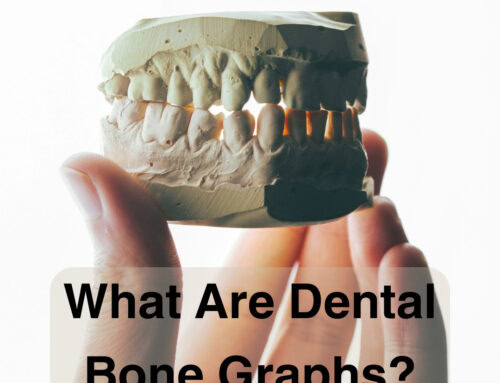Knowing when to visit a dentist is easy, but Oral Surgeons have a large range of specialty within the teeth world. Some dentists and oral surgeons offer similar services, but the trick to picking between them is choosing the provider who is most skilled and prepared to help you with your needs. Oral Surgeons are dental specialists that have the ability diagnose and surgically treat concerns related to your mouth, jaw and other oral structures.
Let’s talk about the different training, education, and services between dentists and oral surgeons.
Training
Both a general dentist and oral and maxillofacial surgeons attend dental school, but oral and maxillofacial surgeons have 4-6 years of additional specialty training beyond dental school. Some oral surgeons attend an integrated MD program where they obtain their MD (Medical Doctorate) in addition to their dental degree. Medical school is not required, but a four year hospital based residency training program is.
This education teaches Oral Surgeons to treat both dental and medical issues. They are surgeons of the head, face, and neck, and are not limited to only treating dental procedures like other specialties. Additionally, surgeons who hold a Doctor of Medicine degree are able to diagnose and provide medical clearance for some health risk patients without the need of collaborating with other doctors.
An Oral and Maxillofacial Surgeon (OMS) performs surgeries on the mouth, jaw and face. They are trained to diagnose issues and perform invasive procedures for possible treatment solutions.
Specific trainings include:
- Anesthesia training
- General surgery
- Plastic surgery
- Internal medicine
- Critical care medicine
- Pathology
Hands-on training include:
- Hospital settings
- Outpatient surgery centers
- Ambulatory surgery facilities
- Private offices
Education and Certifications
To recap, both Dentists and Oral Surgeons attend either a DDS or DMD program for dental school. DDS stands for Doctor of Dental Surgery; DMD can stand for Doctor of Medicine in Dentistry or Doctor of Dental Medicine. The Commision on Dental Accreditation (CODA) sets standards that are followed throughout the United States in both academic and clinical training of students. All DDS and DMD dental graduates must pass the same National Dental Board exams.
OMS then have the option to go into Medical school, then the 4 year residency training, or just the residency training. After this training, Surgeons have the option to become board-certified by The American Board of Oral and Maxillofacial Surgery (ABOMS). This is a rigorous certification process that includes a maintenance program.
For more information regarding this process, visit this site from the American Board of Oral and Maxillofacial Surgery:
https://www.aboms.org/who-we-are/patient-information
Services
Visiting your dentist twice a year ensures optimal health of both your teeth and gums. X-rays and exams with your dentist can provide insight into any issues you may be having that you can’t feel or see. Specific procedures dentists usually offer include:
- General Dentistry
- Preventative cleanings
- Exams looking for decay or gum disease
- Flouride Treatments
- Extractions
- Fillings
- Cosmetic Dentistry
- Teeth Whitening
- Crowns
- Dentures
- Implants
- Tooth Shaping
- Veneers
Additionally, other specialties of Dentistry offer additional procedures described below:
Orthodontists are trained to diagnose, prevent, intercept, guide and correct your bite. They study for 2-3 years after dental school to focus on ensuring that your teeth are straight and properly meet when you close your jaw. This can be done through braces, aligners, and even jaw corrective surgery done by an oral surgeon.
Endodontists focus on the tissues and dental pulp (connective tissue) surrounding the roots of your teeth. Often referred to as a root canal treatment, an endodontist specializes in saving your teeth. In two years of education past dental school, Endodontists study root canal treatment, endodontic surgery, and special procedures to save teeth after traumatic dental injuries. If an Endodontist is unable to save a tooth, they will have an Oral Surgeon remove it instead.
Periodontistry is the exclusive focus of the inflammatory disease that destroys the gums and other supporting structures around the teeth. This requires an additional 3 years of training after dental school to study prevention, diagnosis, and treatment of periodontal diseases.
Oral surgery refers to more advanced concerns within your teeth, gums, jaws, and other oral structures.
At Mid-State Oral Surgery, we offer:
- Extractions/Wisdom Teeth
- Dentoalveolar Surgery
- Anesthesia Services
- Implant/Bone Grafting
- TMJ Services
- Pathology/Reconstruction of the Head and Neck
- Facial Trauma
- Jaw Corrective Surgery (Orthognathic Surgery)
- Non-Surgical Cosmetic Procedures






